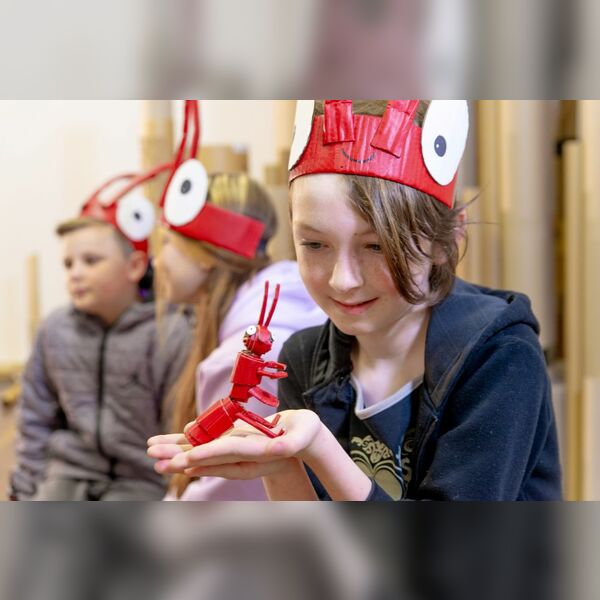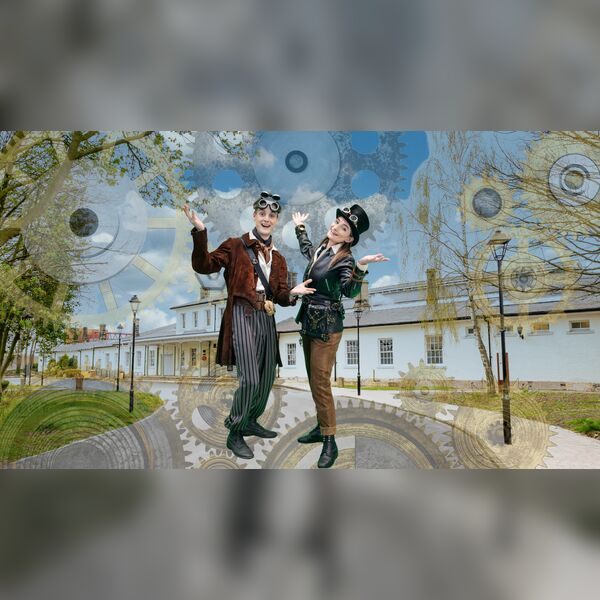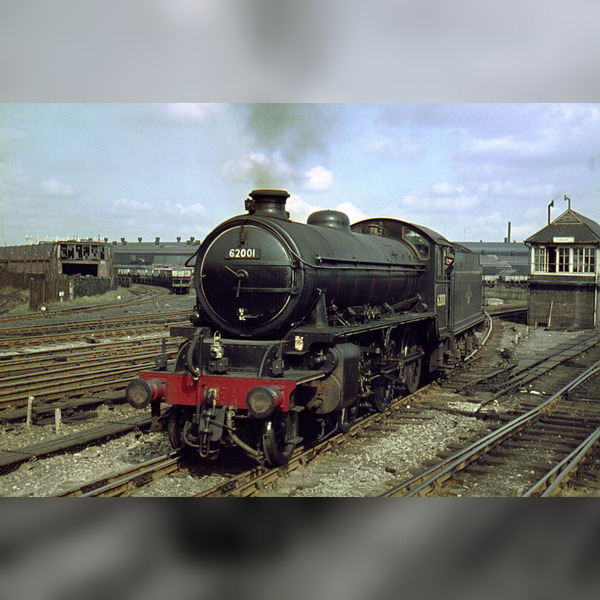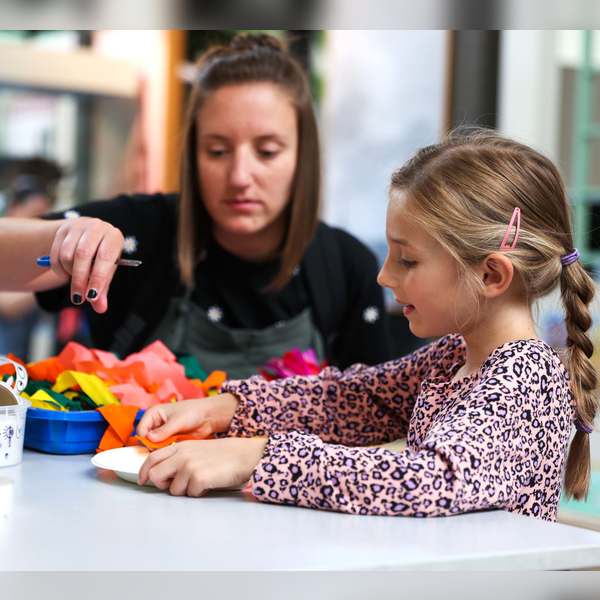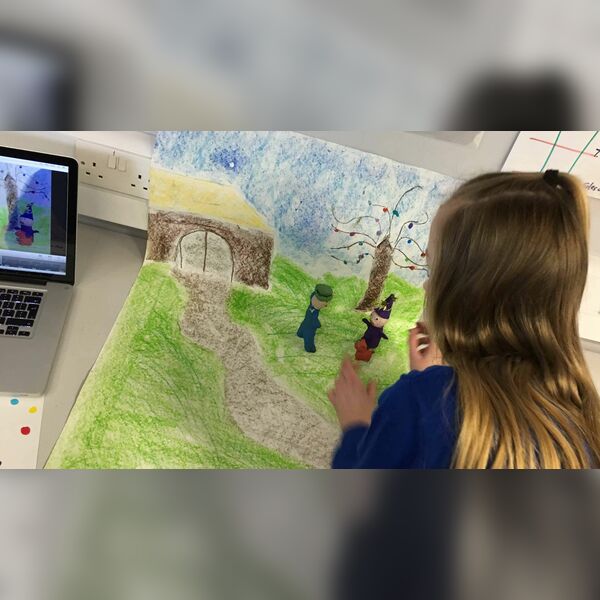An Interactive Climate Adventure for Curious Young Minds
Inspired by Aesop’s classic fable, The Ant and the Grasshopper, this playful reimagining asks: what happens after the story ends?
There’s big trouble in a little anthill... Winter hasn’t left, the anthill is in crisis, and the ants need your help. As climate change disrupts the natural order of things, the ants must learn to work together. Not just with each other, but with an unexpected friend: the grasshopper.
Don your ant antennae, enter the anthill in the Carriage Works and journey deep into a sculpted anthill made entirely of recycled material. Crawling with creativity and buzzing with brilliant ideas, BrilliANT! is packed with handson activities, storytelling, and inspiring insect encounters that show how even the smallest changes can make a huge difference.
Meet a dung beetle with recycling tips, a bumblebee who knows the power of community, and a host of largerthanlife meadowdwellers – each with their own story of adaptation and resilience in a changing climate. These wise bugs don’t just survive – they thrive.
Discover how much we can learn from nature’s tiniest heroes in a hopeful, heartwarming, and interactive experience designed especially for young ‘twolegs’ and their families – with real, practical ideas for taking action, without the weight of the world.
Step into the extraordinary world of BrilliANT! – a brandnew immersive exhibition where tiny creatures take on a giant mission. BECAUSE LITTLE ACTIONS MAKE A WORLD OF DIFFERENCE.
This exhibition is aimed for 1 to 10 year olds and their families.









